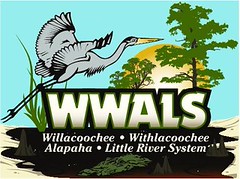Albany TV covered yesterday’s
WWALS Watershed Conference.
First picture by Fox31, the rest by John S. Quarterman and Gretchen Quarterman.
WWALS video will follow.
Franklin White wrote for Fox31online yesterday,
The importance of Watershed conservation,
.JPG?w=204&h=153&aspect=nostretch)
Gordon Rogers says, “it’s important to advocate for good management
by our resource agencies within that framework of laws.”

Gordon says it hits home for him because the Flint River where he
works ranks second on the american rivers endangered rivers list, a
reason he says water management is such an important issue to the
region.
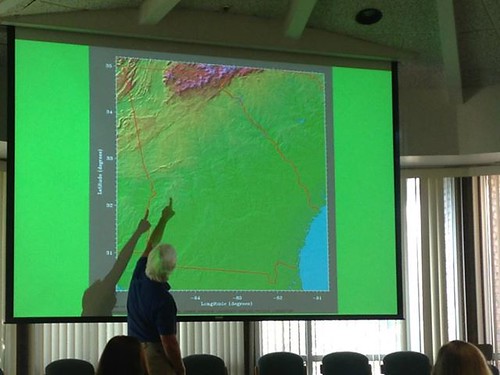
He says, “it belongs to all of us. it’s the single largest asset
that you’ll ever own is your river and your creek and you’re
aquifer.”
Environmental Lobbyist Neill Herring says the goal is to restore and
preserve the habitat, water quality and flow of the Flint and other
rivers.
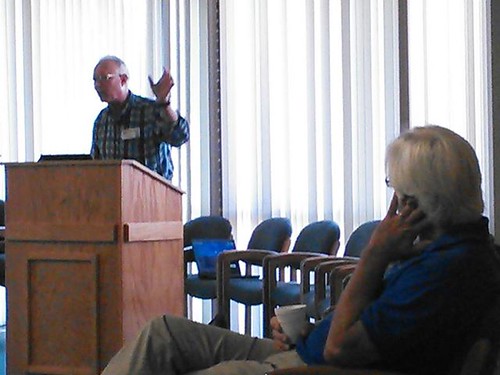
Herring says, “these natural resources particularly the water
systems are their private property, they have a property interest in
the water.”
And outside of the Flint, officials say there are four other major
rivers to keep an eye on. those being Willacooche, Withlocooche,
Alapha, and Little River systems.
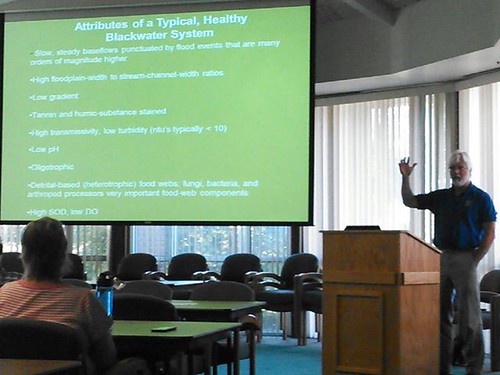
“Cause it’s a rapidly moving political landscape. Operating wisely
with this limited amount of water that you have,” says Gordon.
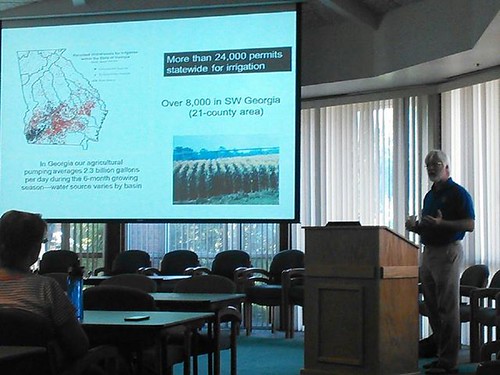
He says it’s important for local citizens to take ownership of the
political process of their watershed. To learn more, visit the
Watershed Coalitions website at
WWALS.net.
Reed Bingham State Park








